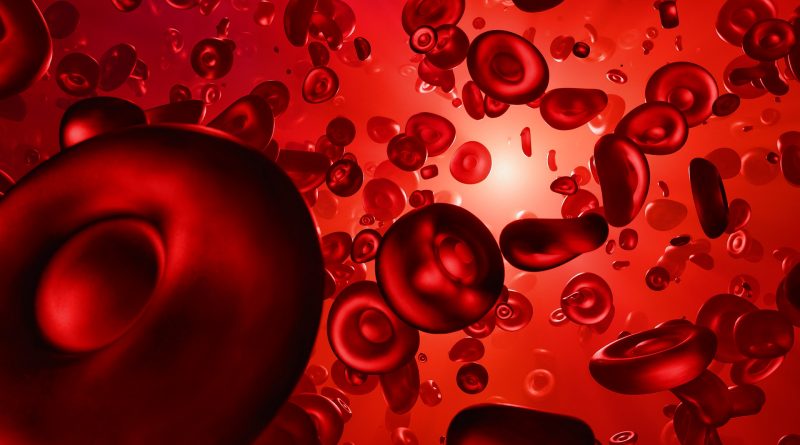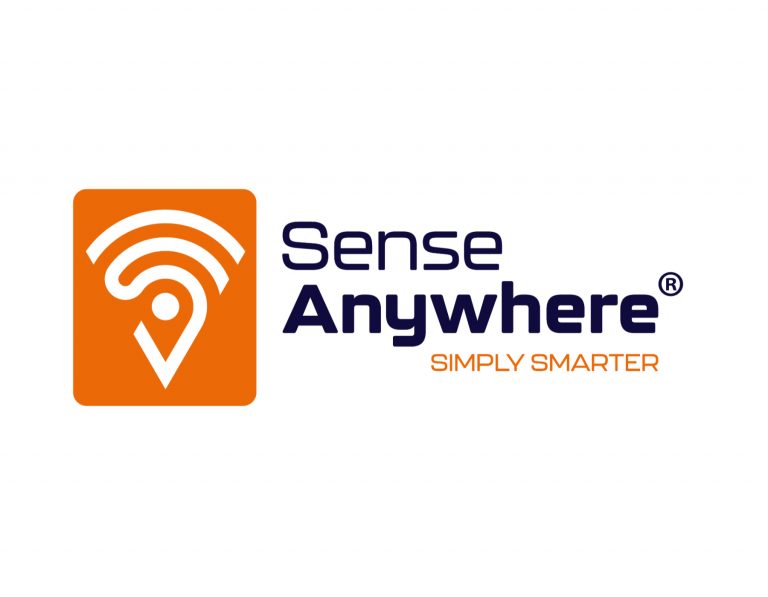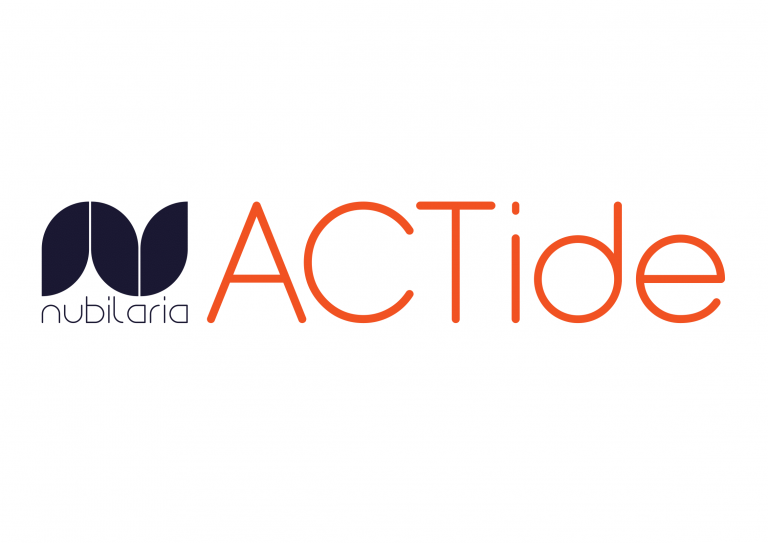Bristol Myers Squibb’s Reblozyl® (luspatercept) Approved by EC for Anemia in Adults with NTDT
American multinational pharmaceutical company Bristol Myers Squibb announced on Friday that the European Commission (EC) has awarded the company with a full Marketing Authorization for Reblozyl® (luspatercept).
Reblozyl® (luspatercept) is a first-in-class therapeutic option, for treatment in adult patients of anemia associated with non-transfusion-dependent (NTD) beta thalassemia.
The EC approval represents the third indication for Reblozyl in Europe
Reblozyl is currently approved in the European Union (EU), United States and Canada to address anemia associated with transfusion-dependent beta thalassemia and transfusion-dependent lower-risk myelodysplastic syndromes.
The Centralized Marketing Authorization approves use of Reblozyl in all EU member states, as well as Norway, Iceland and Liechtenstein. However, it does not include approval in Great Britain (England, Scotland and Wales).
Noah Berkowitz, M.D., Ph.D., senior vice president, Hematology Development, Bristol Myers Squibb, stated:
“Beta thalassemia is an inherited blood disorder that puts patients at significant risk for long-term clinical complications due to anemia, leaving a substantial need for treatment options, regardless of a patient’s dependence on blood transfusions. This announcement is welcome news for patients with non-transfusion-dependent beta thalassemia associated anemia across the EU who are seeking newer treatment options to reduce these burdens.”
“Today’s approval represents the third indication for Reblozyl in Europe, and we look forward to continuing to evaluate this first-in-class therapeutic option across multiple diseases impacted by the burden of anemia in a broad clinical development program.”
The EC approval of Reblozyl was based on results from the Phase 2 BEYOND study, evaluating the efficacy and safety of Reblozyl versus placebo in 145 adults with NTD beta thalassemia. Patients were eligible to receive best supportive care, including red blood cell transfusions and iron-chelating agents.
Reblozyl is being developed and commercialized through a global collaboration with Merck following Merck’s acquisition of Acceleron Pharma, Inc. back in November 2021.
About the BEYOND Phase 2 Study
BEYOND (NCT03342404) is a Phase 2, double-blind, randomized, placebo-controlled, multicenter study to determine the efficacy and safety of luspatercept-aamt (ACE-536) versus placebo in adults with non-transfusion-dependent beta thalassemia. The study is divided into the Screening Period, Double-blind Treatment Period (DBTP) and Post-Treatment Follow-up Period (PTFP) and randomized 145 subjects at a 2:1 ratio of Reblozyl versus placebo.
All participants were eligible to receive best supportive care, which included red blood cell transfusions; iron-chelating agents; use of antibiotic, antiviral, and antifungal therapy; and/or nutritional support, as needed. The primary endpoint of the study is the proportion of subjects who have an increase from baseline ≥1.0 g/dL in mean of hemoglobin values over a continuous 12-week interval from Week 13 to Week 24 of treatment in the absence of transfusions. Key secondary endpoints include mean change in non-transfusion-dependent beta thalassemia-patient reported outcome (NTDT-PRO) Tiredness and Weakness (TW) domain score and baseline hemoglobin (Hb).
Results demonstrated 74 of 96 (77.1%) patients in the Reblozyl treatment arm achieved the study’s primary endpoint, ≥1.0 g/dL mean Hb increase from baseline, versus 0 of 49 (0%) patients in the placebo arm (P<0.0001).
In a key secondary endpoint of the study, 47 of 96 patients (49.0%) treated with Reblozyl achieved mean Hb increase of ≥1.5 g/dL compared to baseline from Week 37-48 in the absence of transfusions versus 0 patients (0%) in the placebo arm (P<0.0001). In the Reblozyl arm, 89.6% of patients remained transfusion free at weeks 1-24 versus 67.3% of patients in the placebo arm (P=0.0013). Improvements in patient-reported QoL outcomes (tiredness and weakness) were also observed to correlate with Hb increases.
Serious adverse reactions occurred in 11.5% of patients (n=11) who received Reblozyl. The most common adverse reactions occurring in ≥10% of patients treated with Reblozyl were bone pain (36%), headache (30%), arthralgia (29%), back pain (28%), prehypertension (23%), hypertension (20%), cough (18%), diarrhea (17%), influenza-like illness (17%), asthenia (13%), influenza (13%), insomnia (11%) and nausea (10%).
About Beta Thalassemia
Beta thalassemia is an inherited blood disorder caused by a genetic defect in hemoglobin. It is one of the most common autosomal recessive disorders. The disease is associated with ineffective erythropoiesis, which results in the production of fewer and less healthy red blood cells (RBCs), often leading to severe anemia—a condition that can be debilitating and can lead to other complications for patients—as well as other serious health issues.
Original Source: Press Release 03/03/2023 (BUSINESS WIRE) – Bristol Myers Squibb
Recommended Companies
More Headlines








